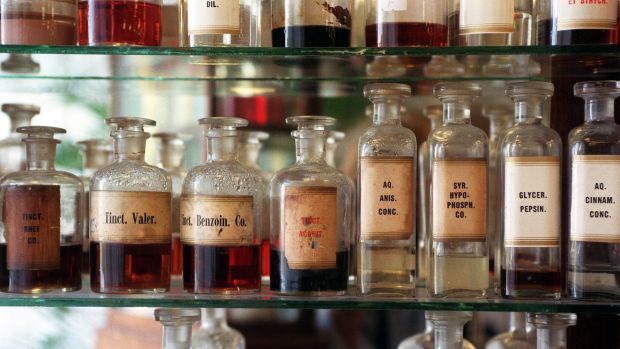
Judgment: A federal court has found a company selling homeopathic “vaccines” was engaging in misleading and deceptive conduct.
Homeopaths who claim their treatments can replace vaccinations have been put on notice after the federal court found a company selling homeopathic “vaccines” was engaging in misleading and deceptive conduct.
The judgment is a victory for the Australian Competition and Consumer Commission, which lodged the action against the Homeopathy Plus! website for its claims that conventional whooping cough vaccines were ineffective, and homeopathic vaccines were a safe alternative.
ACCC Commissioner Sarah Court said the consumer body had become involved because people were being put at risk by the claims.
“There are a litany of claims that are made [by homeopaths] and we can’t get involved with each and every one of them, but where we do think it’s important that the ACCC gets involved is where there is a real risk of harm,” she said. “Because whooping cough is a serious disease, particularly for babies, we had a concern these kinds of representations could lead to real harm in the community”.
More than 2600 people in NSW were diagnosed with whooping cough this year, figures from NSW Health show. Immunisation rates are often lower in Sydney’s affluent suburbs, where doctors say they struggle to counter widespread misinformation available online that is also spread between parents.
The federal court found that there is no “reasonable basis” on which to claim that homeopathic treatments are safe alternatives to whooping cough vaccination, saying that the normal whooping cough vaccine was clearly effective.
The case follows another recent victory for the ACCC in stamping out misleading health claims, after it won another case against two businesses that were making false claims about alternative breast-screening.
“If people want to get their breasts screened [with alternative methods] or use homeopathy it is up to them … but a lot of the trial was taken up with the medical evidence about whooping cough, how it is prevented and the effectiveness of the vaccine, and after that the court found there was ample evidence the vaccine is effective in the majority of cases,” Ms Court said.
John Dwyer, an Emeritus Professor of Medicine UNSW and president of the group Friend of Science in Medicine, said the judgment was important, particularly in light of a recent statement from the peak health and medical research body that homeopathic preparations have no medicinal value for any condition.
“As homeopathic preparations contain no active ingredients they are in themselves harmless, but if confidence in the claims made lead one to delay or avoid effective treatment, very serious consequences may develop,” he said.
The court ordered that the matter be listed again for early February, when it will hear submissions on penalties. The maximum penalty is $1.1 million for a business and $220,000 for an individual.
Professor Dwyer said no matter what the penalty, the judgment would help raise awareness in the community and “help us warn parents that relying on homeopathic vaccines could seriously disadvantage their children.”
